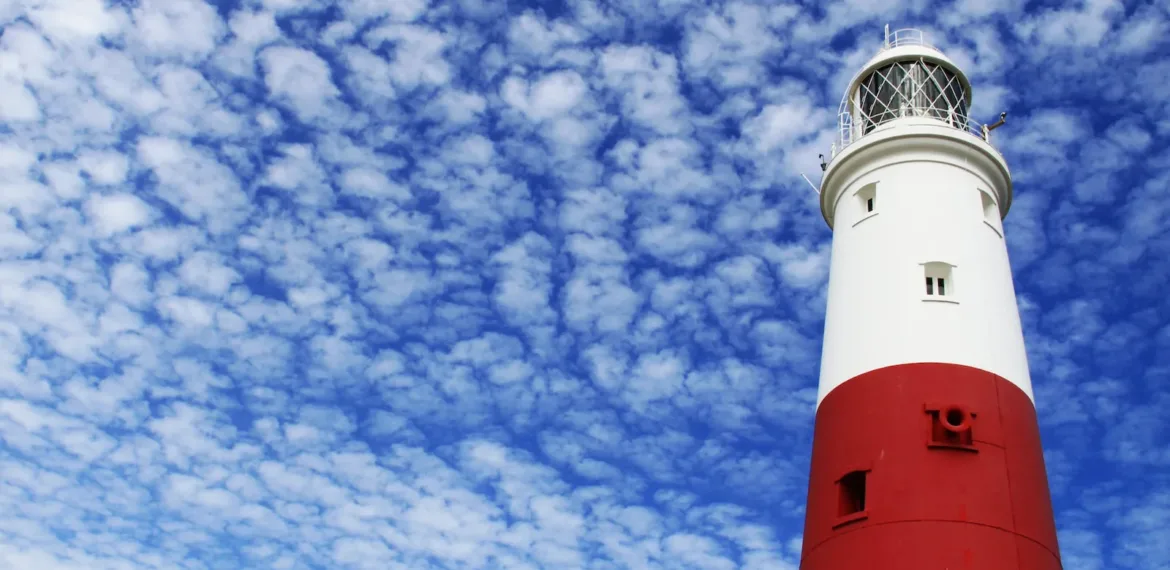Safety in Guinea-Bissau for Tourists
Guinea-Bissau is generally safe for tourists, but there are some areas to avoid due to the risk of crime and political instability. The U.S. Department of State advises against all non-essential travel to Guinea-Bissau due to the unpredictable security situation. Visitors should exercise caution and stay informed of local developments.
ROAMOPEDIA
Guinea-Bissau's Safety
Exploring Guinea-Bissau: A Guide to Tourist Safety and Travel Advisories

- Home
- /
- Country
- /
- Guinea-Bissau
- / Exploring Guinea-Bissau: A Guide to Tourist Safety and Travel Advisories
Related
All related contents.
Related Posts
Discover the charm of Guinea-Bissau’s Cacheu: where history meets nature.
Discover the vibrant culture and passion for football at Estádio Nacional 24 de Setembro in Bissau, Guinea-Bissau.
Guinea-Bissau: Experience world-class sports at Bissau New Stadium.
Discover the hidden gem of Guinea-Bissau at Varela Beach – a paradise for beach lovers.
Discover the colonial charm of Bissau’s Portuguese Quarter.
Discover the wonders of Cacheu Mangroves Natural Park in Guinea-Bissau.
Discover the beauty of Bolama Island in Guinea-Bissau.
Discover the rich history and culture of Guinea-Bissau at Fortaleza d’Amura.
Discover the rich heritage of Bafatá at Bafatá Regional Museum.
Discover the untouched beauty of Guinea-Bissau’s Bubaque Island.
Experience the vibrant culture and natural beauty of Gabú, Guinea-Bissau.
Discover the hidden gem of West Africa: Guinea-Bissau’s Bubaque and Bijagos Archipelago.
Discover the soul of Guinea-Bissau in its vibrant capital city.
Discover the vibrant traditions of Guinea-Bissau at the National Ethnographic Museum in Bissau.
Tagline: “Discover the pride and history of Guinea-Bissau at Praça dos Heróis Nacionais.

Embarking on a Journey of Adventure and Relaxation in Guinea-Bissau
Discover the vibrant culture and flavors of Guinea-Bissau at Mercado Central in Bissau.
Discover the charm of Bolama Island’s colonial heritage and relaxed vibe.
Discover the beauty of Bissau Cathedral in Guinea-Bissau.
Discover the natural wonders of Guinea-Bissau at Cantanhez Forest National Park in Quinhamel.
Related
Related contents and articles.
Related Posts
- Print
- Share
- +-Font Size